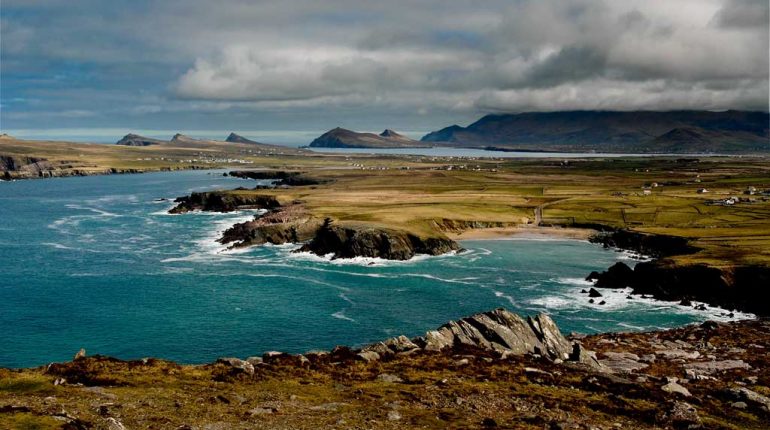
The history of Protestants in Ireland dates back to the 1530s. Protestantism followers started growing after King Henry VIII put the Act of Supremacy into force. This declaration served one key role, to recruit Irish Christians to the Church of England. After this declaration, one thing was clear, the protestant warfare against the Irish Catholics was born. Since England had conquered Ireland, they started sponsoring settlements of Englishmen in some parts of Ireland.
What Happened?
As the initiative to bring more members of Irish descent to the church of Ireland continued, there are two main forces at play.
- First, the English government had managed to conquer Ireland, but not their hearts. As a result of this, most Irishmen became very critical and rebellious to everything that seems to come from England. Most Englishmen sent to rule Ireland found it fit to become Irish in their sympathies. This served to make the Irish feel more English, which would have made it easy for them to rule Ireland.
- Secondly, King Henry VIII had made serious progress in kicking out the Roman Catholic Church from England. He had successfully managed to replace it with the Church of England and was now determined to kick the Catholics from Ireland.
By 1560, the Scottish parliament had managed to ban the Roman Catholic Mass, making it almost impossible for the Roman Catholics to thrive there. The Presbyterian Church then took  over from the Catholics.
over from the Catholics.
By 1586, the plantation system was in force, and all land in Ireland belonged to the English and Scottish settlers. This meant that the Irish had no option but to rent land from the Protestants. As this was happening both Queens Elizabeth I and Mary were operating small colonies, also known as plantations, of English Protestants.
In 1603, when King James I rose to the throne, his eyes were set on putting more force into what his predecessor had done. He started this by launching a massive plantation project in Ulster, Northern Ireland. The people sent there were Scottish that shared some cultural values with the Irish only that they had gladly accepted the English rule and their religion.
As all this was happening, the imposition of an unwanted ruler and a foreign religion did not go down well with the Irish. The Protestant Church had not managed to grow as much as they had anticipated. It was not until the 17th century that the British found it fit to have a more Irish identity by coming up with an Irish Translated version of the New Testament.
However, as much as the number of protestants kept increasing, in 1690, the English and Irish forces met in the Battle of the Boyne. Although this was considered a protestant-catholic struggle, a more significant part of it had to do with the political situation.

